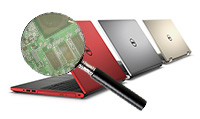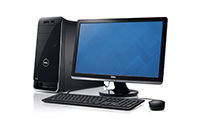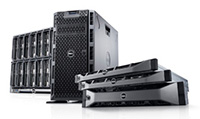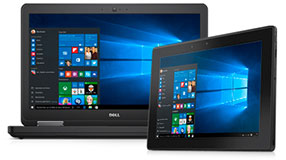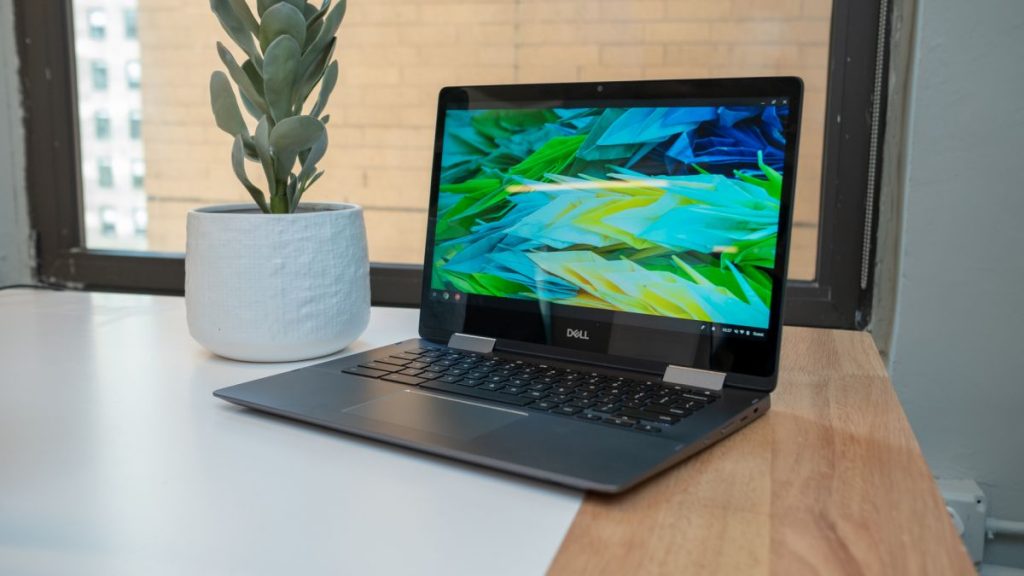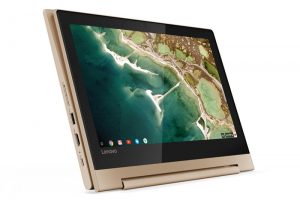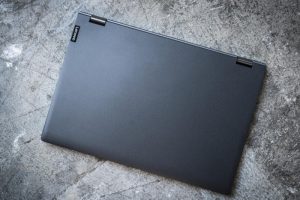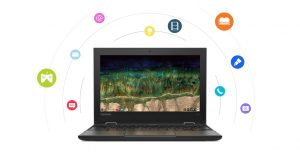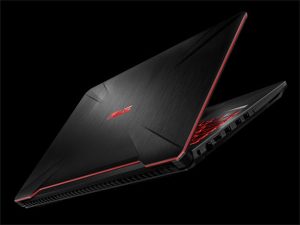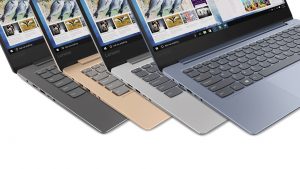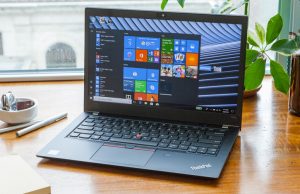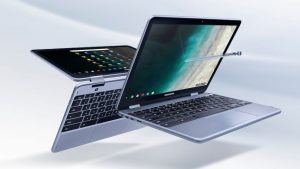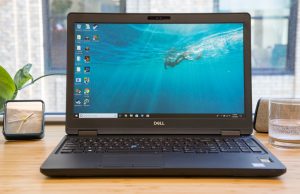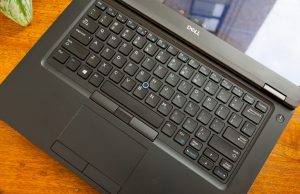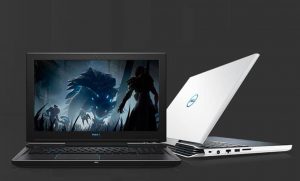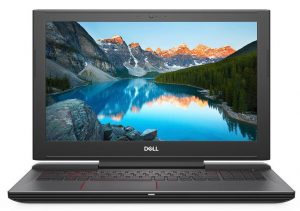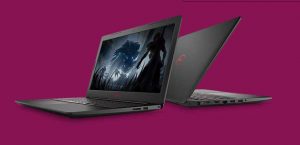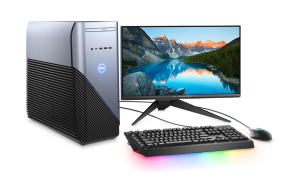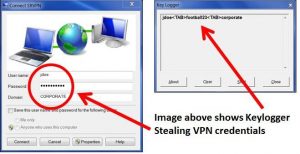



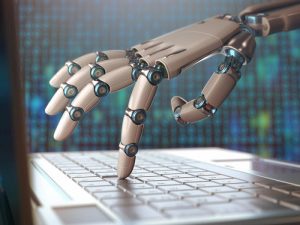

This means embarrassing conversations, it also means credit card and bank numbers, and passwords into all your daily website interactions. The ModZero “hero”, Thorsten Schroeder, allegedly let HP know of this information, yet HP’s VP, Mike Nash, decided not to communicate at that time. If you can imagine, Nash now accepts responsibility for the entire matter going wrong when it could’ve been prevented at a certain point in time; even considering the matter affecting drivers across two whole generations of complete laptop systems from HP. As of late, Nash’s team has been working with Microsoft to merge the new drivers into Windows latest updates. This will fix the vulnerability automatically. Although the entire scenario has seemed suspicious, the keylogger “issue” might have just been an exercise gone wrong, where HP was attempting a debugging ritual, and Conexant was left in the driver by mistake. Hard to swallow? All we know is HP admits to no wrongdoing in collecting any of the data involved, and will conduct code reviews with suppliers such as Conexant in any future endeavours together. Still, the severity of the issue stands that, in the midst of the news, HP was unresponsive to dealing with it. Everyone should take this as yet another consistent reminder to be thoughtful with your data.

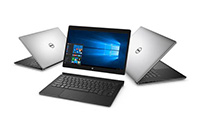 Laptop & Tablet Parts
Laptop & Tablet Parts